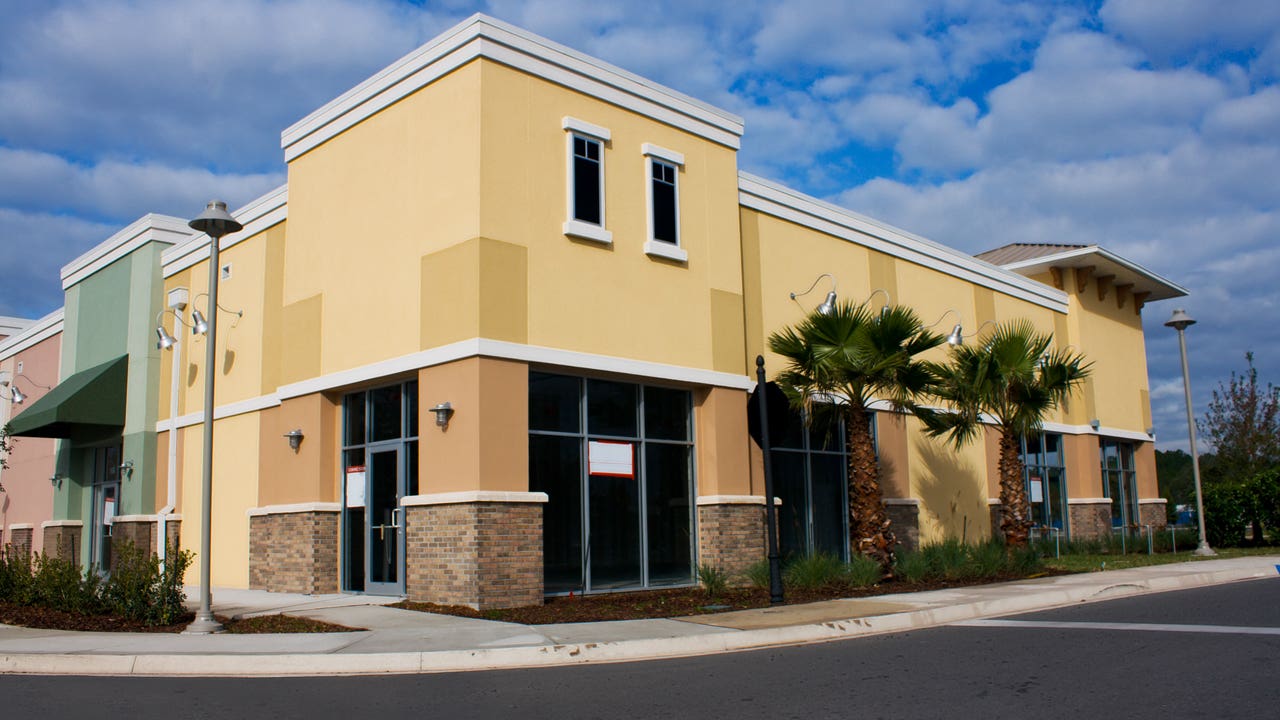The Future of Real Estate: Trends and Opportunities to View
As the actual estate landscape progresses, it comes to be significantly essential to comprehend the arising trends and opportunities that will specify the industry in the coming years. Technological developments are improving transactional procedures, while a growing concentrate on sustainability mirrors changing consumer concerns. Furthermore, market changes and the increase of remote job are influencing real estate preferences, specifically in suburbs. With these dynamics at play, a closer assessment of the techniques and adaptations needed for success exposes appealing opportunities that can improve financial investment methods and market behaviors.
Technical Innovations in Property
In recent years, the actual estate market has accepted a wave of technical innovations that are transforming conventional techniques. One of the most noteworthy advancements is the surge of huge information analytics, which allows genuine estate specialists to analyze market trends, predict residential property values, and recognize financial investment chances with extraordinary precision.
Additionally, online reality (VR) and enhanced fact (AR) technologies are reinventing property marketing by providing immersive experiences for possible customers and lessees. These devices allow customers to perform online tours of buildings, thereby streamlining the search procedure and enhancing customer involvement. Blockchain modern technology is obtaining traction as a means to secure purchases and maintain clear documents, consequently reducing scams and expediting the closing process.
Smart home modern technologies are additionally becoming significantly widespread, making it possible for property owners to monitor and manage their homes from another location (Real Estate Lockhart). Jointly, these technical developments are reshaping the landscape of property, fostering a more effective, transparent, and customer-centric sector
Need for Sustainable Properties
As consumers progressively prioritize ecological duty, the demand for lasting residential properties has risen in the realty market. This change mirrors a broader societal fad toward sustainability, with capitalists and property buyers seeking properties that reduce eco-friendly effect while taking full advantage of power efficiency. Attributes such as photovoltaic panels, energy-efficient devices, and sustainable structure products are now deemed vital as opposed to optional.

In addition, the surge of environmentally friendly areas, which prioritize walkability and access to mass transit, additionally emphasizes this pattern. These developments appeal to eco aware buyers and promote a healthier way of living.
As the need for sustainable homes remains to increase, market stakeholders must adjust to these assumptions. By focusing on and accepting cutting-edge techniques sustainability, the property market can not just meet consumer demand yet likewise contribute to a much more lasting future.
Altering Customer Demographics

Additionally, the aging population is improving need for housing. Child boomers are seeking scaled down houses that offer access and low upkeep, typically preferring urban setups with close-by amenities. This change requires a concentrate on multi-generational real estate options that fit varying demands.
Furthermore, cultural diversity is playing a crucial function in real estate trends. As these demographic shifts proceed to progress, real estate specialists need to adapt their techniques to address the demands of these varied customers (Real Estate Lockhart).
Increase of Remote Job Impact
Significantly, the surge of remote job is transforming the property landscape, motivating considerable changes in customer useful source preferences and location choices. As staff members appreciate the versatility of functioning from home, lots of are reassessing their residential requirements, bring about a surge sought after for buildings in rural and country areas. This pattern is primarily driven by the desire for more sizable living settings that can fit office and a better lifestyle.
Furthermore, city centers, once the prime focus for customers, are seeing a gradual decline in demand as individuals focus on cost and accessibility to nature. Genuine estate developers and investors are changing their focus towards residential or commercial properties that provide home office rooms, outdoor services, and proximity to important solutions.
This evolving landscape necessitates a reevaluation of typical market strategies. Property specialists must adapt to the transforming preferences of buyers, stressing the relevance of way of living consider their advertising and marketing methods. In enhancement, builders are significantly focusing on flexible floor plans that cater to the twin needs of living and working, making certain that they stay competitive in a rapidly transforming market. The effects of remote job on property are profound, shaping future trends and opportunities.
Financial Investment Opportunities in Emerging Markets
Investment opportunities in arising markets are regularly standing out from investor looking for diversity and growth possibility. These markets, identified by fast financial growth, boosting urbanization, and a growing Check Out Your URL center class, existing special prospects for smart investors. Nations in Southeast Asia, Africa, and Latin America are seeing considerable framework enhancements and beneficial government plans, which additionally enhance their appeal.
Genuine estate markets such as domestic, industrial, and logistics are experiencing heightened demand because of urban movement and developing consumer preferences. Especially, cities like Ho Chi Minh City, Nairobi, and Medellín are becoming hotspots for investment because of their expanding economic climates click and youthful demographics.
Financiers should perform comprehensive market analyses to recognize crucial fads, such as shifts in population characteristics and financial security, which can affect home values. In addition, partnerships with regional genuine estate companies can assist in successful entrance and navigating in these markets.
However, it's essential to be mindful of prospective dangers, including political instability and regulative challenges. By weighing these variables and embracing a long-lasting viewpoint, financiers can properly capitalize on the lucrative chances arising in these establishing regions.

Conclusion
In verdict, the future of property will certainly be considerably affected by technological improvements, a growing focus on sustainability, and evolving purchaser demographics. The rise of remote job is improving housing choices, especially in suburban areas. Arising markets existing substantial investment possibilities for stakeholders eager to adapt to these modifications. Navigating this transforming landscape will certainly need critical partnerships and a keen understanding of market characteristics to take advantage of the trends shaping the market.
As the actual estate landscape advances, it comes to be progressively vital to understand the emerging trends and possibilities that will specify the industry in the coming years. One of the most noteworthy developments is the rise of big information analytics, which allows actual estate experts to analyze market fads, forecast home values, and identify investment opportunities with unprecedented accuracy.As consumers increasingly focus on environmental duty, the need for lasting residential properties has surged in the real estate market. The implications of remote work on genuine estate are extensive, shaping future trends and opportunities.
Investment opportunities in arising markets are continually attracting attention from actual estate financiers looking for diversity and growth possibility.